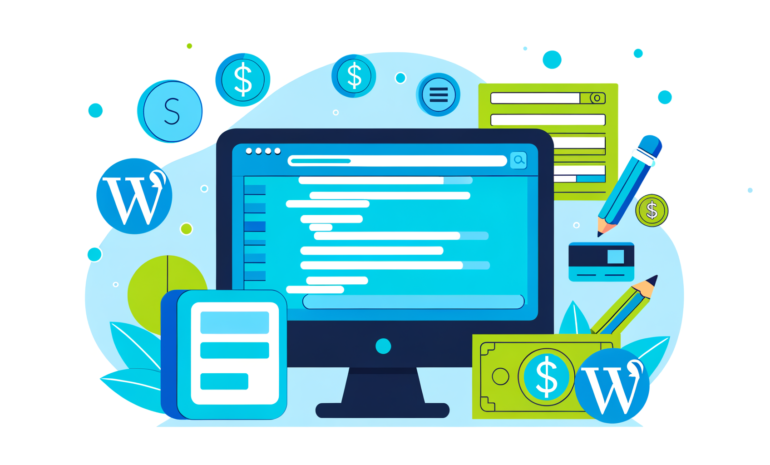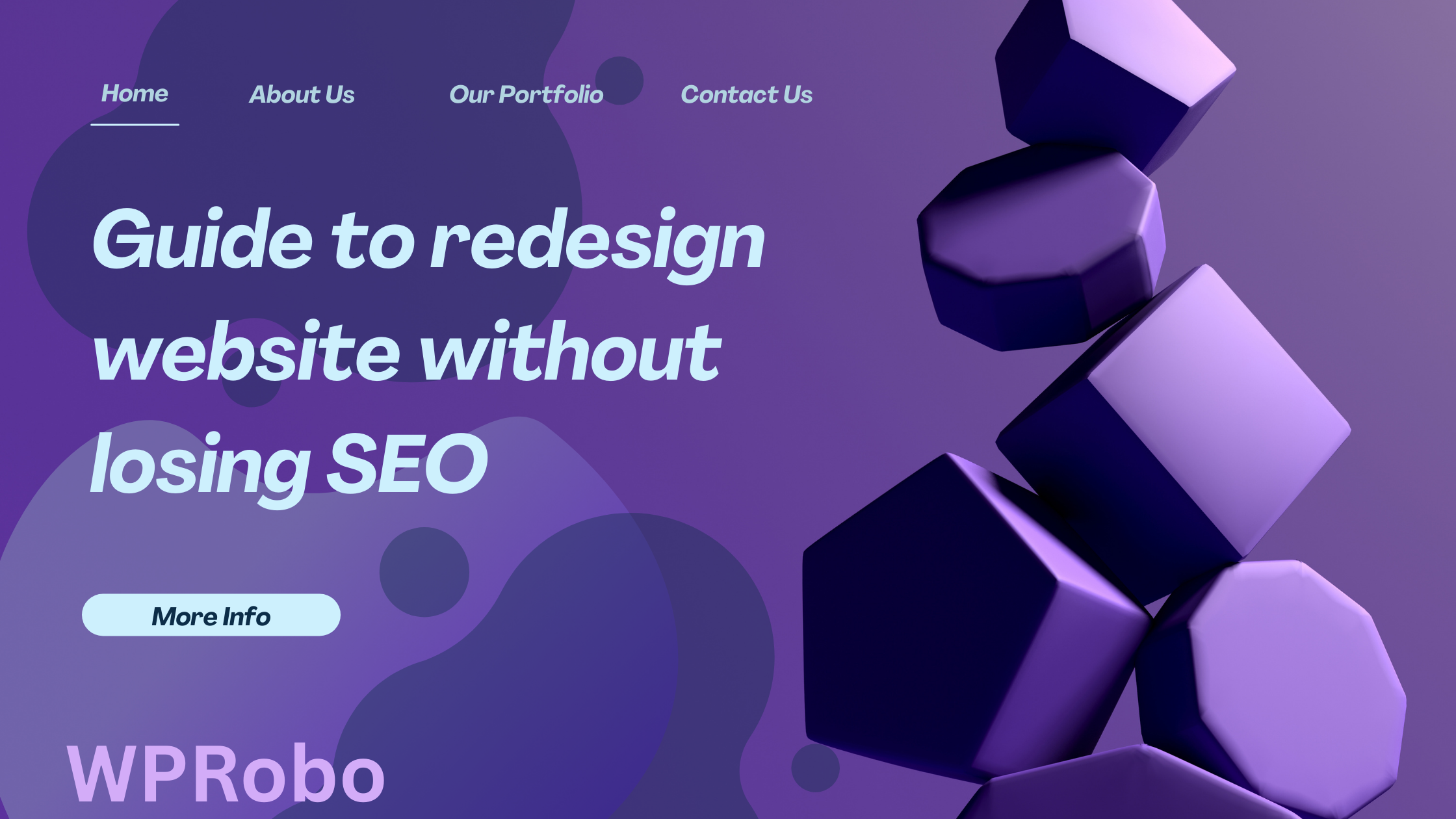Introduction
Building a WordPress website is a smart choice for individuals and businesses seeking a flexible and powerful platform. However, one of the most common questions is, “How much does it cost to develop a WordPress website?” The answer isn’t one-size-fits-all—it depends on various factors like your site’s purpose, desired features, and whether you hire professionals or go the DIY route. In this article, we’ll break down the costs associated with developing a WordPress site to help you budget effectively.
Factors Influencing the Cost of a WordPress Website
The total cost of developing a WordPress website can vary widely based on several key factors:
1. Type of Website
The complexity and purpose of your website significantly impact the cost:
- Personal Blog: Generally lower cost due to simplicity.
- Business Website: Moderate cost with additional pages and functionalities.
- E-commerce Site: Higher cost due to shopping cart systems, payment gateways, and security features.
- Membership Site: Increased cost for user management and content restriction functionalities.
2. Domain and Hosting
Your website needs a domain name and hosting service:
- Domain Name: Typically ranges from $10 to $20 per year.
- Hosting: Shared hosting starts around $3 to $10 per month, while managed WordPress hosting can range from $15 to $50 per month.
3. Themes and Design
The look and feel of your site are crucial:
- Free Themes: Cost-effective but may lack advanced features and support.
- Premium Themes: Range from $30 to $100 with better design and functionality.
- Custom Design: Hiring a designer can cost from $500 to over $5,000, depending on complexity.
4. Plugins and Functionality
Plugins add features to your site:
- Free Plugins: Available for basic functionalities.
- Premium Plugins: Can cost anywhere from $5 to $100 each, sometimes on a subscription basis.
- Custom Plugins: Developing custom functionalities can range from $500 upwards.
5. Content Creation
Quality content is key to engaging users:
- DIY Content: No financial cost but requires time and effort.
- Professional Content Creation: Hiring writers, photographers, or videographers can significantly increase costs.
6. Maintenance and Support
Ongoing costs to keep your site running smoothly:
- Updates and Backups: You can manage yourself or use paid services ranging from $10 to $50 per month.
- Security: Premium security plugins or services can cost $50 to $200 per year.
- Professional Support: Hiring a developer for support can cost from $30 to $150 per hour.
Comparison Table: Estimated Costs for Different Scenarios
| Expense Item | Low-Cost Option | Mid-Range Option | High-End Option |
|---|---|---|---|
| Domain Name | $10/year | $15/year | $20/year |
| Hosting | $36/year (Shared Hosting) |
$120/year (Managed Hosting) |
$500+/year (Dedicated Hosting) |
| Theme | Free | $50 (Premium Theme) |
$1,000+ (Custom Design) |
| Plugins | Free | $100 (Premium Plugins) |
$1,000+ (Custom Plugins) |
| Content Creation | DIY | $500 (Freelance Writers) |
$5,000+ (Agency Services) |
| Maintenance | DIY | $300/year (Maintenance Services) |
$1,500+/year (Managed Services) |
| Total Estimated Cost (First Year) | $46 – $100 | $1,085 – $1,485 | $9,020+ |
DIY vs. Hiring a Professional Developer
Your decision to build the website yourself or hire a professional can dramatically affect costs:
DIY Approach
- Pros: Lower cost, full control, learn new skills.
- Cons: Time-consuming, possible steep learning curve, less professional outcome.
Hiring a Professional
- Pros: Expertise leads to a polished, functional site; saves time.
- Cons: Higher upfront cost; requires clear communication of your needs.
Hidden Costs to Consider
Be aware of potential hidden costs:
- Stock Images and Media: Licensing can add up.
- SEO Services: Professional optimization can range from $500 to $2,000 per month.
- Marketing and Advertising: Costs vary based on strategy and platforms.
- Premium Support: Some plugins and themes require annual renewals for updates and support.
Tips to Optimize Costs
Here are some strategies to manage your budget effectively:
- Start Small: Begin with essential features; add more as your budget allows.
- Use Free Resources: Leverage free themes and plugins where possible.
- Bundle Services: Some hosting providers offer free domain registration and SSL certificates.
- Learn Basic Skills: Understanding WordPress basics can reduce dependency on paid support.
- Compare Providers: Shop around for hosting and domain services to find the best deals.
Conclusion
The cost of developing a WordPress website depends on your specific needs and choices. By understanding the various factors and potential expenses, you can make informed decisions that align with your budget and goals. Whether you opt for a DIY approach or hire professionals, planning and prioritizing are key to a successful and cost-effective website project.
Share Your Thoughts
Have you recently developed a WordPress website? What were your biggest expenses, and how did you manage your budget? Share your experiences and tips in the comments below to help others navigate their website development journey.






Leave a Reply